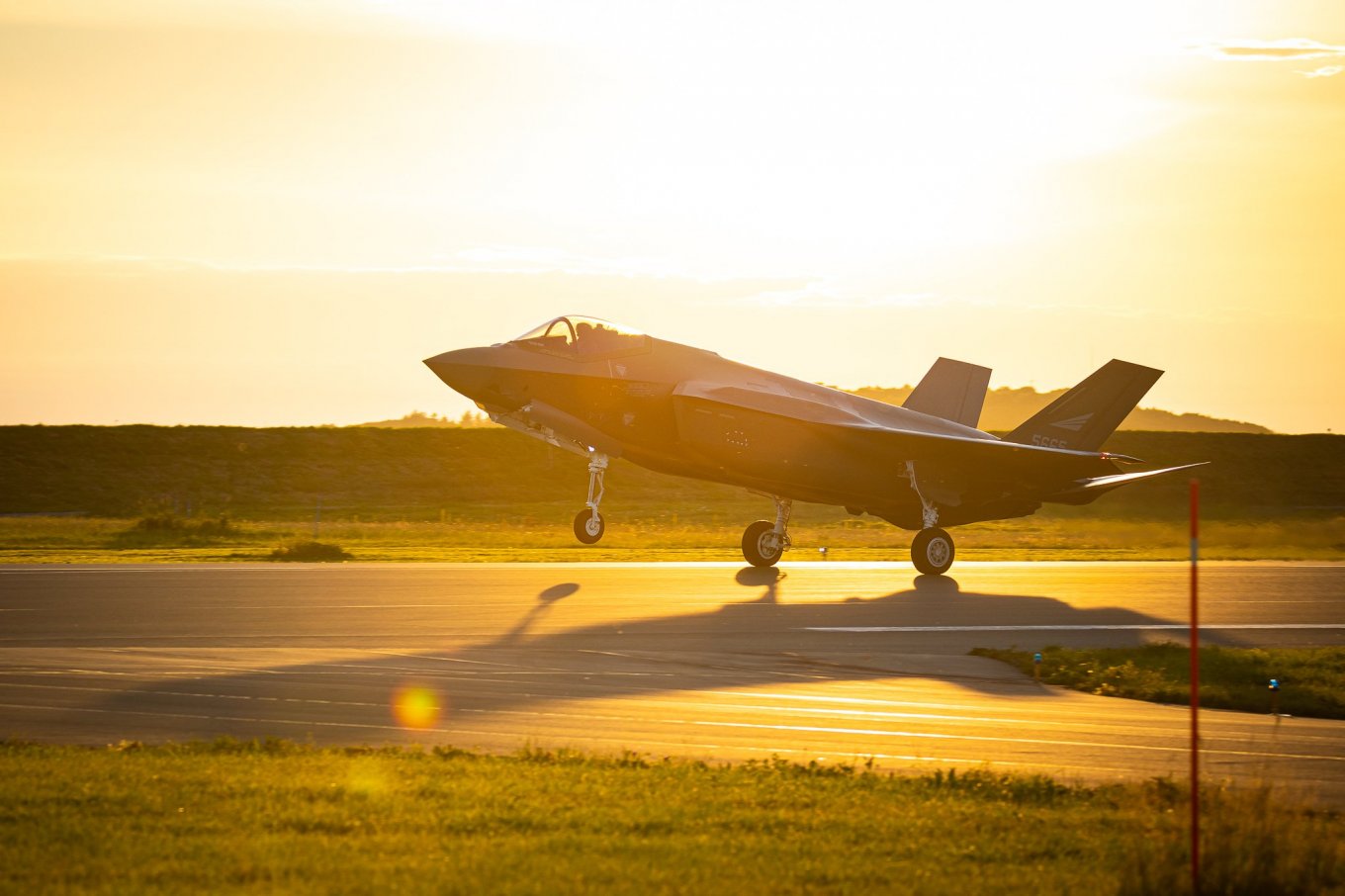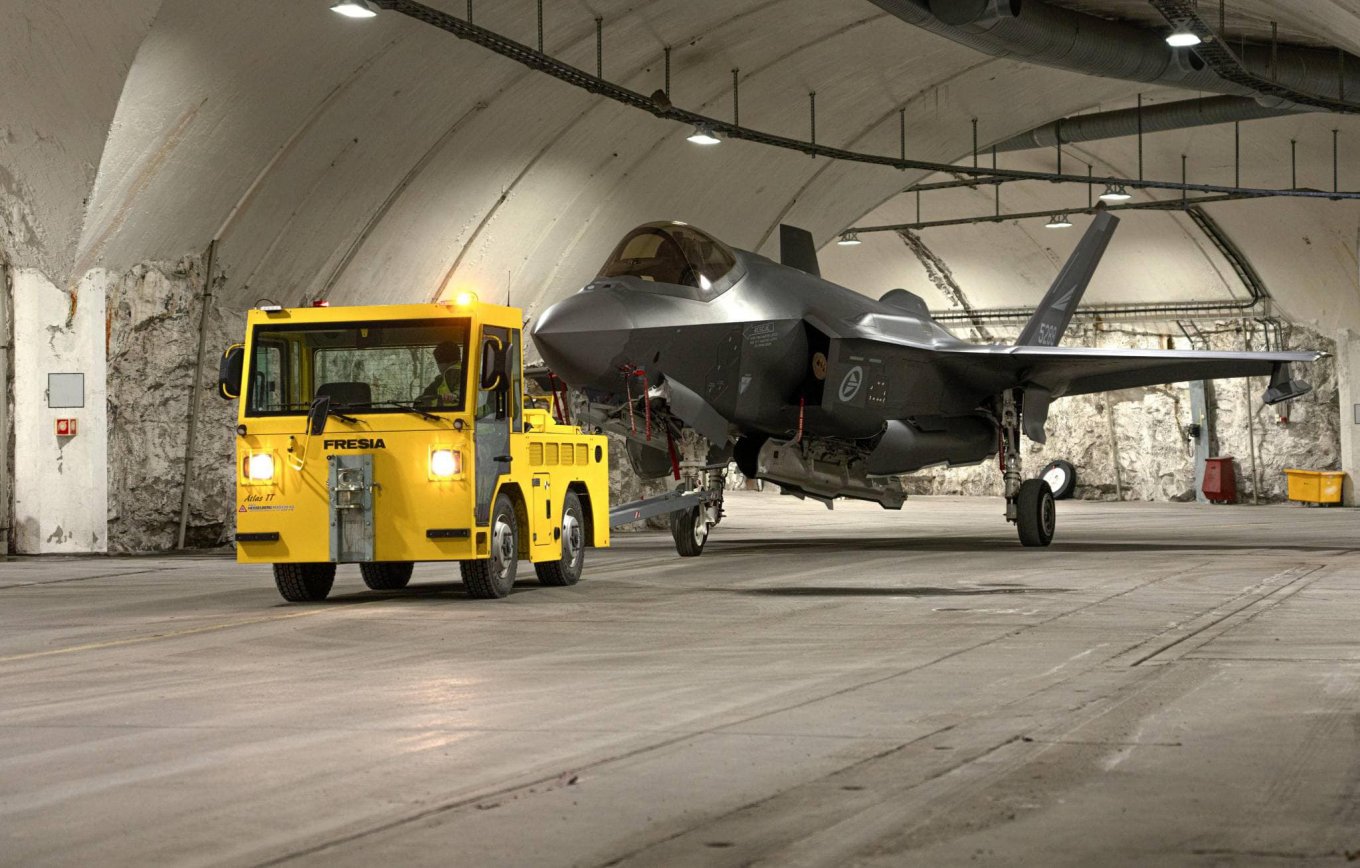The Norwegian Ministry of Defense has reported that it is the first country in the world to begin operating F-35s on biofuel. More specifically, this involves the so-called SAF (Sustainable Aviation Fuel), which contains 40% biofuel.
The first flights using this type of fuel took place on January 14, which the country's Minister of Defense, Bjørn Arild Gram, described as a "historic climate initiative." This is significant as Norwegian fighter jets account for approximately one-third of all CO₂ emissions in Norway's defense sector. The overarching goal is to achieve zero emissions altogether.

From Ukraine's perspective, this news may be perceived as a striking illustration of the saying "the full does not understand the hungry." Moreover, it is worth noting that Norway is the largest oil producer in Europe, third in NATO after the USA and Canada, and 11th in the world. Thus, the shift to biofuel is certainly not driven by cost savings, especially since Norway itself does not rank among the top producers globally. Additionally, discussing ecology in the context of weaponry and war is inherently challenging.
However, the fact is that the decision made by the Norwegian military is not solely about environmental concerns. Their approach is quite pragmatic.
"It's not just about the climate. It's also about technological development and operational readiness. Local production of sustainable aviation fuel can reduce our dependence on long supply chains," noted Bjørn Arild Gram.

Therefore, for Norway, the transition—or at least the exploration of the possibility—for the F-35 to fly on SAF is about reducing dependence on the logistics of supplying JP-8 aviation fuel. This is particularly relevant in a situation where access to aviation fuel may be restricted during wartime and it needs to be managed carefully.
Similar steps regarding the certification of biofuels in the U.S. Air Force were taken back in the 2000s and 2010s. For instance, the F-22 was certified without restrictions for a 50:50 blend of JP-8 and biofuel as early as 2011, and by 2016, almost all of its systems and armaments were certified.